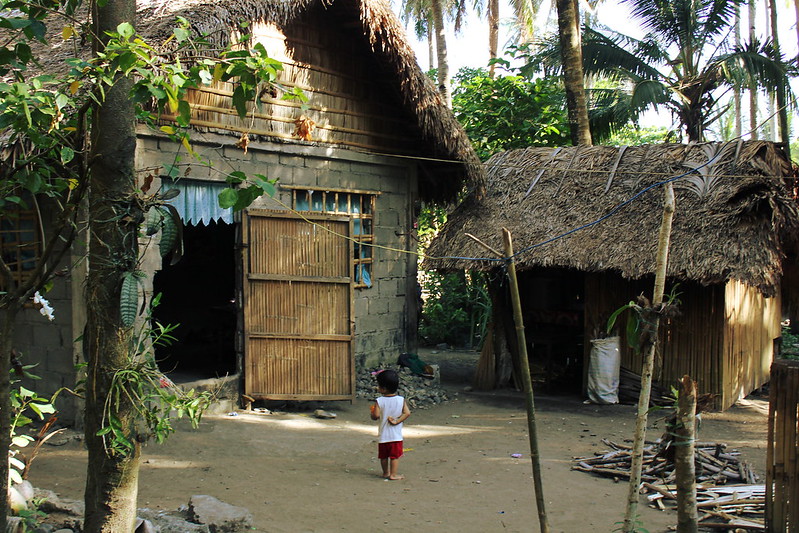Addressing Child Poverty in the Philippines

The Philippines is an archipelago just east of Vietnam, comprising more than 7,000 individual islands in the Pacific Ocean. It is the second most-populated country in Asia, which tourists know as being home to a rich culture and popular cuisine. However, many Filipinos struggle with the consequences of intense wealth disparity within the Southeast Asian country, which has resulted in significant child poverty in the Philippines as well.
Child Poverty in the Philippines
According to the United Nations International Children’s Emergency Fund (UNICEF), child poverty in the Philippines is a pressing issue. UNICEF stated in its report on the Southeast Asian country that children experiencing poverty in the Philippines face “deep-rooted deprivations and vulnerabilities that impede their survival, development, protection and participation.”
Intense wealth disparity, combined with the general instability of the country’s infrastructure, has created an environment where government programs “are not enough to reduce families’ vulnerability” and do not provide enough of a foundation for these vulnerable populations “to protect themselves against risks and losses to their income.” UNICEF explained that poverty exposes children to circumstances that “threaten their survival and growth.” In the Philippines, more than one-third of Filipino children live below the poverty line and face this harsh reality day-to-day.
UNICEF described how those experiencing child poverty in the Philippines “easily end up suffering from poor health and malnutrition,” which harms their potential to thrive as adults. In turn, these factors negatively affect the overall future of the country’s workforce, and generational poverty continues.
Arms of Love International
Because of the high incidence of childhood poverty in the Philippines, humanitarian organizations working to provide aid within the country are more relevant than ever. One of these organizations is Arms of Love International or Arms of Love.
According to the Arms of Love website, Robert Benson founded it in the Philippines in 2001. Benson faced abandonment and abuse as a child and felt moved to provide the essential foundation to succeed that he received from a family that took him in during a time when he needed it most.
Benson described how he felt “the call from God to build homes for abandoned and abused children.” Arms of Love now provides “a home and a loving family for children who desperately need a safe place to live and grow” in the Philippines. The organization’s goal is to provide support now so that in the future, “communities are healthier and stronger.”
The Residential Care Program
Its website also highlighted the organization’s belief that “every child has the right to a home of safety and security.” The harsh reality is that children receiving aid from Arms of Love “share one thing in common- they have nowhere to live and no one to care for them.” Because of this, the organization’s key goal is to provide shelter, support and “a place they may always call home” when these children need it most.
Arms of Love operates two main programs to achieve its goal of alleviating childhood poverty in the Philippines. The first is the Residential Care Program. This program operates through establishing residential homes for “abandoned, abused, and orphaned” on the island of Bohol in the Philippines. Within these homes, children receiving aid from Arms of Love receive “comprehensive care, like education and health care, while living in a family environment with house-parent couples.” This care is in addition to ensuring their most basic needs are satisfied.
The Independent Living Program
Beyond its Residential Care program, Arms of Love also operates the Independent Living Program. The organization wants the children they help to “succeed in life and to ultimately be able to support themselves and have their own healthy family.” With this, the organization works to go beyond just satisfying these children’s most basic needs and seeks “to break the cycle of poverty itself” and “change the legacy” of the families it helps.
With this, its Independent Living Program completes the work that the Residential Care Program started. In this program, Arms of Love “teaches students to be responsible young adults through part-time employment, budget training,” and more to ensure those receiving aid can succeed independently. These students are then set up in independent living situations and provided aid.
Looking Ahead
Child poverty is a deep-rooted issue in the Philippines. Disparity of wealth and socioeconomic pressures are some factors contributing to this issue. Because of this, the work that Arms of Love and similar humanitarian organizations are doing to create sustainable change is much needed within the country.
– Rosemary Wright
Photo: Flickr
